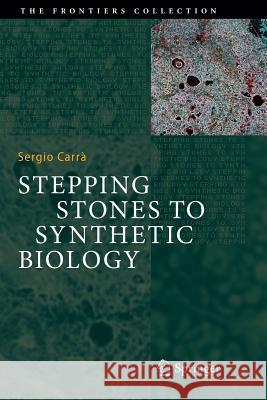Stepping Stones to Synthetic Biology » książka
topmenu
Stepping Stones to Synthetic Biology
ISBN-13: 9783030070410 / Angielski / Miękka / 2018 / 212 str.
Kategorie:
Kategorie BISAC:
Wydawca:
Springer
Seria wydawnicza:
Język:
Angielski
ISBN-13:
9783030070410
Rok wydania:
2018
Wydanie:
Softcover Repri
Numer serii:
000308052
Ilość stron:
212
Waga:
0.32 kg
Wymiary:
23.39 x 15.6 x 1.22
Oprawa:
Miękka
Wolumenów:
01
Dodatkowe informacje:
Wydanie ilustrowane











